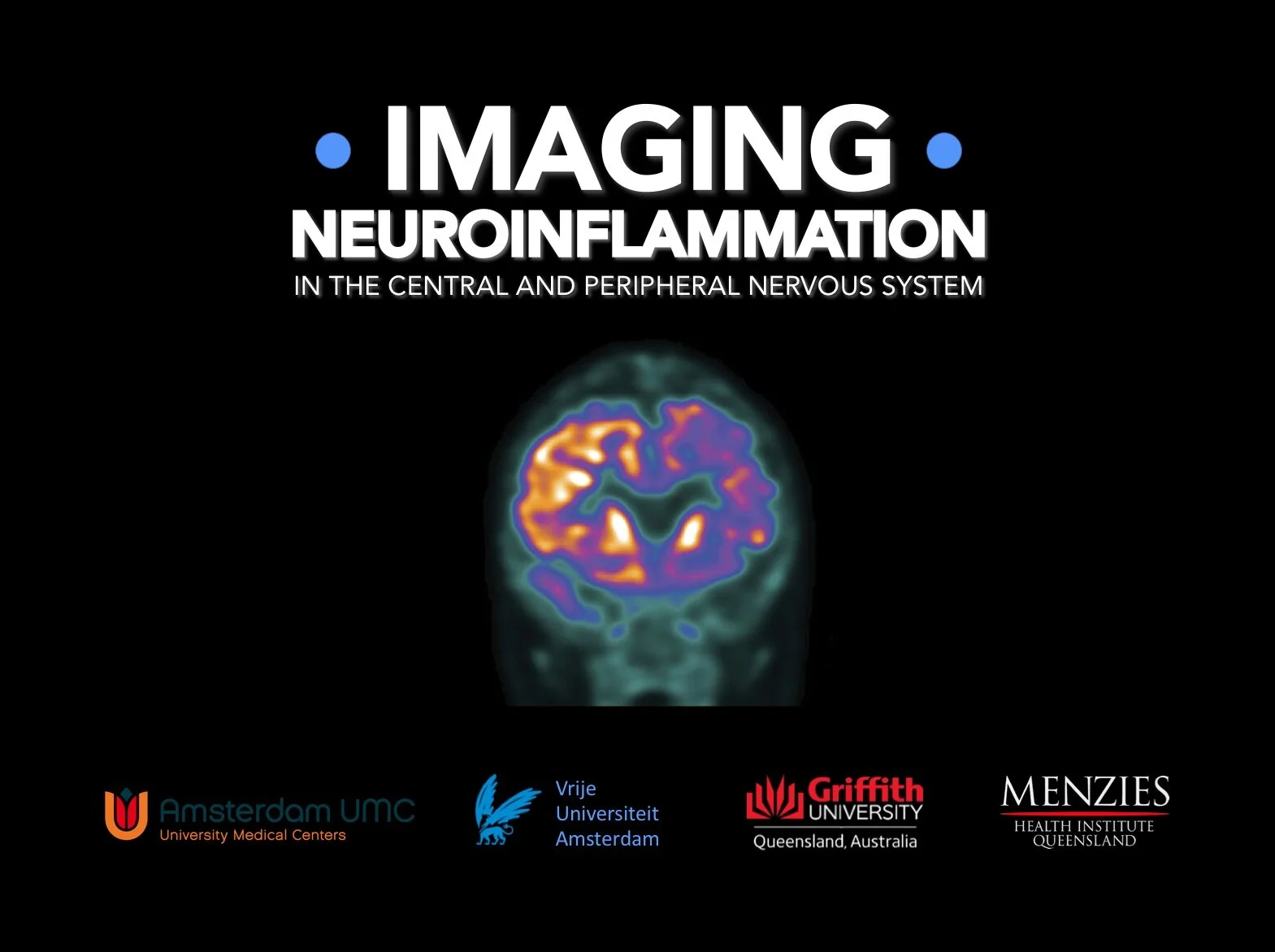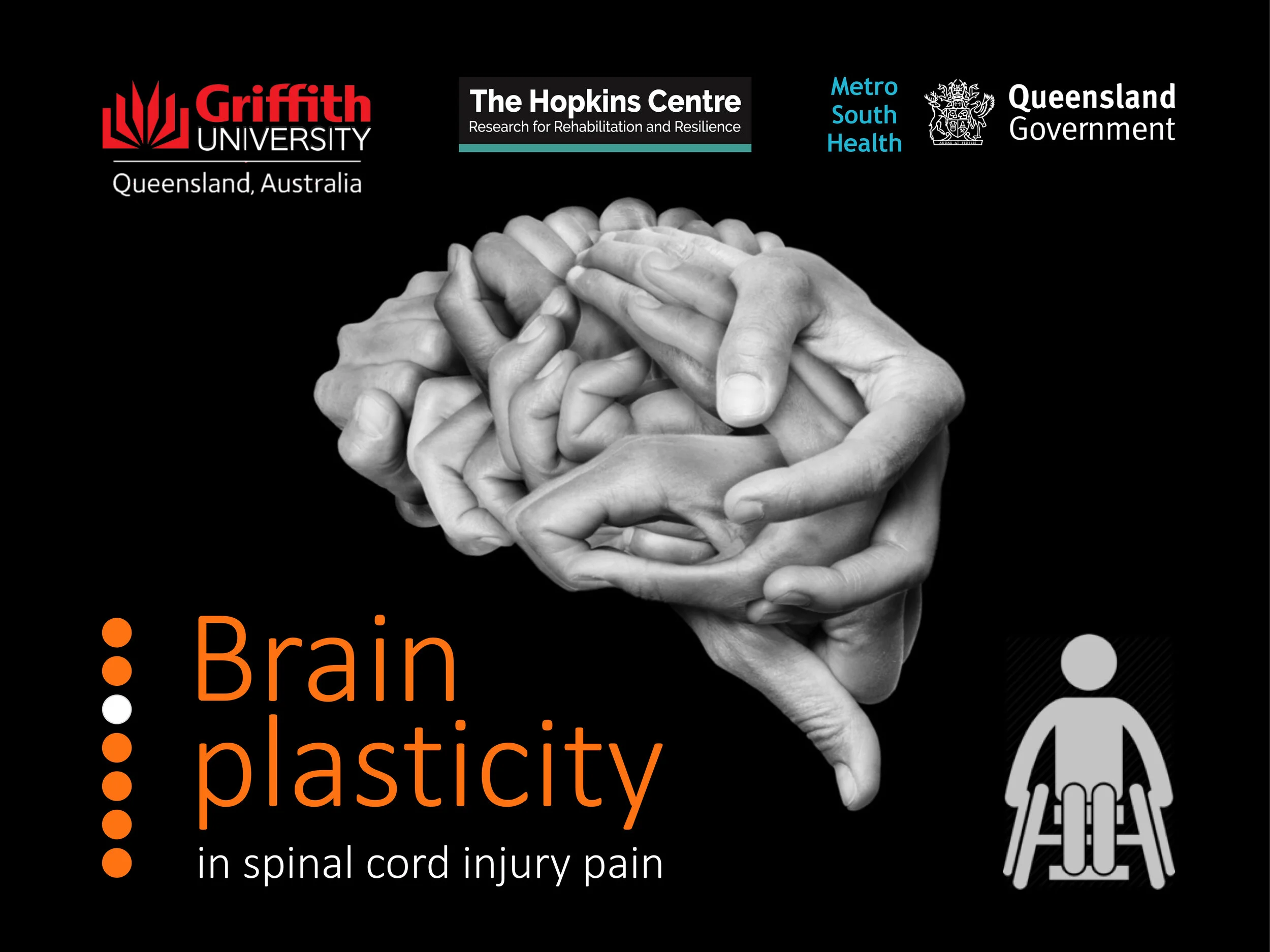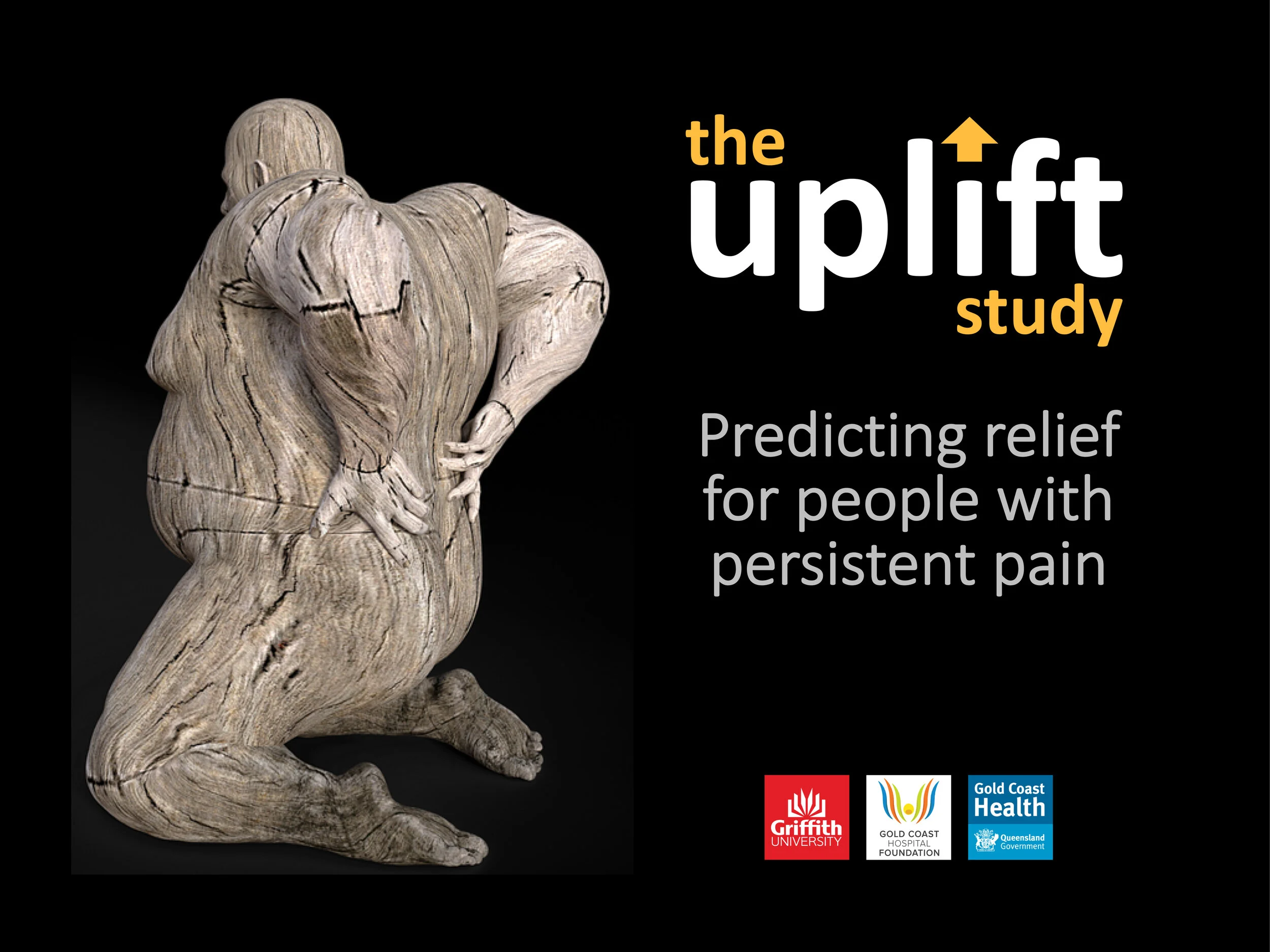Projects
Below a selection of current projects… but of course, there is much, much more happening at the ‘Musculoskeletal health and Persistent Pain’ research group…
DIANE study:
Diabetic distal symmetrical polyneuropathy in hands & feet
Neuropathies are the most common complication in people with diabetes. Early detection may facilitate adequate management. This project evaluates the function, morphology and mechanics of the nervous system in people with diabetes. We assess people with diabetes who already have neuropathies, and people who do not (yet) have diabetic neuropathy.
For further info, or to participate: diabetes.project@griffith.edu.au
Key researchers: Eva Sierra-Silvestre, Ricardo Andrade, Leanne Bisset, Michel Coppieters.
CIPN study:
Chemotherapy-induced peripheral neuropathy
Neuropathies are common complications following cancer treatment. This project evaluates the function, morphology and mechanics of the nervous system in women with a history of breast cancer, with and without chemotherapy-induced peripheral neuropathy.
For further info, or to participate: r.andrade@griffith.edu.au
Key researchers: Ricardo Andrade, Eva Sierra-Silvestre, Michel Coppieters.
MRI-DTI & Tractography study:
With advanced MRI imaging techniques and analysis methods we can visualise and quantify nerve degeneration and regeneration in people with peripheral neuropathy.
Key researchers: Eva Sierra-Silvestre, Robert Smith, Ricardo Andrade, Leanne Bisset, Michel Coppieters.
PET - CT study:
Imaging neuroinflammation in the nervous system
Our most complex (and most costly!) study so far evaluates neuroinflammatory processes in the nervous system following peripheral neuropathies to better understand clinical presentation and management.
Key institutions: Vrije Universiteit Amsterdam, University Medical Centres, Griffith University, Menzies Health Institute Queensland.
CTS Clinical Trial:
Effectiveness of conservative interventions for Carpal Tunnel Syndrome
Commencing soon: A randomised clinical trial to evaluate treatment effects in people with Carpal Tunnel Syndrome. The focus is on identifying novel pathobiological factors and underlying treatment mechanisms that make people improve.
Further information: m.coppieters@griffith.edu.au
Key researchers: Andrea Schroeter, Michael Harders, Eva Sierra-Silvestre, Ricardo Andrade, Michel Coppieters
Pain in Spinal Cord Injury Clinical Trial:
Novel interventions for people with neuropathic pain following SCI
Pain at the level of the injury, but also below the level of injury is common in people with spinal cord injury. We are conducting a program of studies to develop and evaluate novel interventions to reduce spinal cord injury pain.
For further info, kimberly.talaber@griffithuni.edu.au
Key Researchers: Kim Talaber, Daniel Harvie, Carey Bayliss, Karleigh Kwapil, Soo Or, Michel Coppieters.
We can be heroes: Virtual reality to combat persistent pain
Persistent pain can make people feel weak, vulnerable and unconfident to move, but what happens when they transform in to superheroes in virtual reality? Participants become superhero-like characters, like the Incredible Hulk, with super muscles, and super abilities. The trial is measuring how this experience changes feelings of strength, vulnerability, confidence with activities, and pain.
For further info, d.harvie@griffith.edu.au
Key researchers: Daniel Harvie, Ebonie Rio, Ross Smith, Nick Olthof, Michel Coppieters.
Positive thinking
Psychosocial factors associated with recovery have traditionally focused on negative factors, such as anxiety, depression and catastrophising. This project focuses on the assessment of positive factors in people with persistent pain, such as resilience, optimism, acceptance and social support.
For further info: andrea.schroeter@griffithuni.edu.au
Key researchers: Andrea Schroeter, Elizabeth Kendall, Wendy Scholten-Peeters, Liesbet Goubert, Michel Coppieters
UPLIFT Clinical trial
The UPLIFT program is a group-based intervention for people with persistent pain. In a series of studies, we aim to assess the effectiveness of the program, and try to predict which patients would have most benefit from the program.
Key researchers: Hayley Thomson, Kerrie Evans, Jonathon Dearness, John Kelley, Kylie Conway, Collette Morris, Leanne Bisset, Wendy Scholten-Peeters, Pim Cuijpers, Michel Coppieters.
Management of musculoskeletal conditions in the military
There is little evidence about the optimal management of musculoskeletal conditions in active serving military personnel. This study aims to identify which interventions are optimal.
Key researchers: Courtney Bounds, Michel Coppieters, Hayley Thomson, Brianna Larsen, Kerrie Evans.










